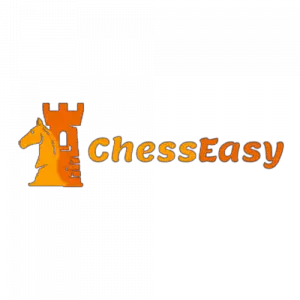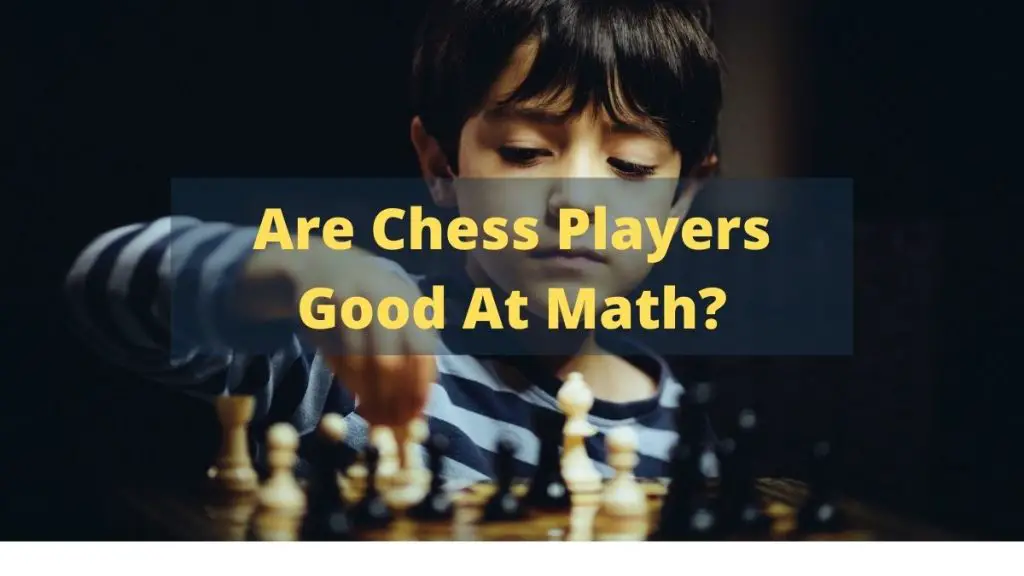
Chess is a board game that includes various geometric combinations further involving numerous possibilities and calculations. A chess game can be considered as a mathematical problem to be solved. Are chess players good at math?
Chess players are good at mathematics as the game helps them to improve problem-solving skills, deep calculation, memory skills, pattern recognition, logical thinking skill, geometric skill, and analytical skills. Studies have shown a strong correlation between chess and mathematics scores.
Chess has become part of the academic curriculum in many schools and universities. It was found that chess helps kids with their memory and creative skills. Since the invention of chess, the board game is getting popular year after year.
Read the full article to understand the eight queen puzzle, various studies conducted and how chess benefits kid’s
Mathematical Chess Problem
A mathematical chess problem is connected to graph theory and combinations which makes it quite different from a regular chess problem. The most well-known classic example of a mathematical chess problem is the Eight queens puzzle. The eight queens puzzle was composed by Max Bezzel in Berliner Schachzeitungin (1848).
The task of this puzzle is to place eight queens on an 8×8 chessboard in such a way that no two queens can attack each other. Thus, making sure that no two queens are sharing the same file, rank, and diagonal.
Here are the 12 distinct solutions to this puzzle.


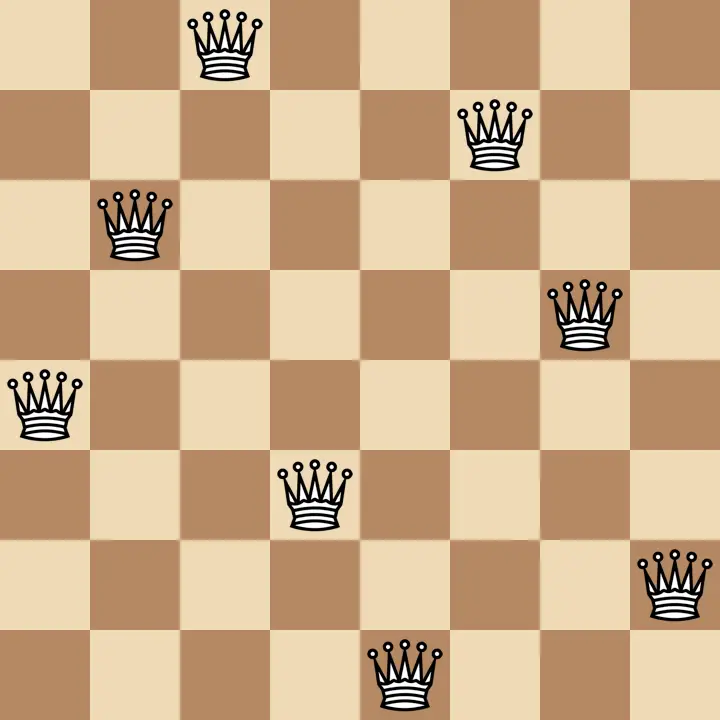
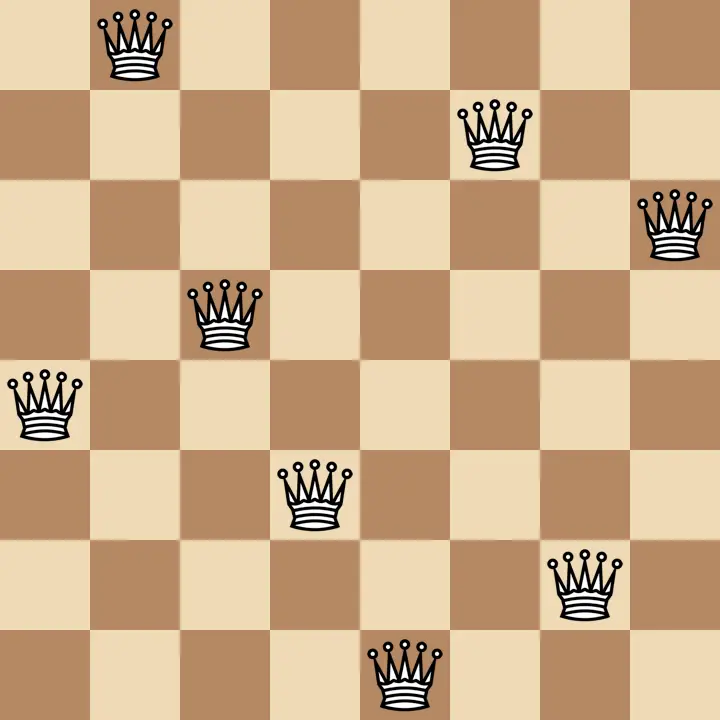
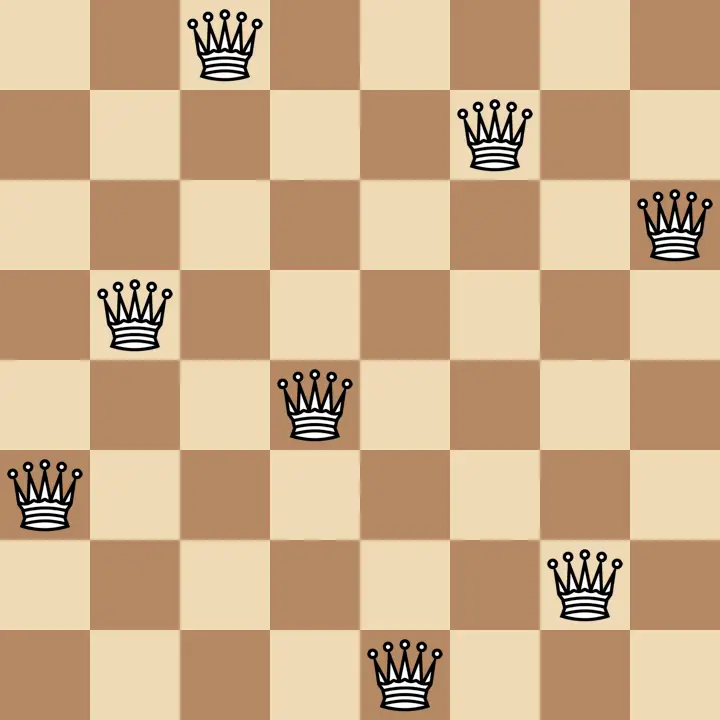
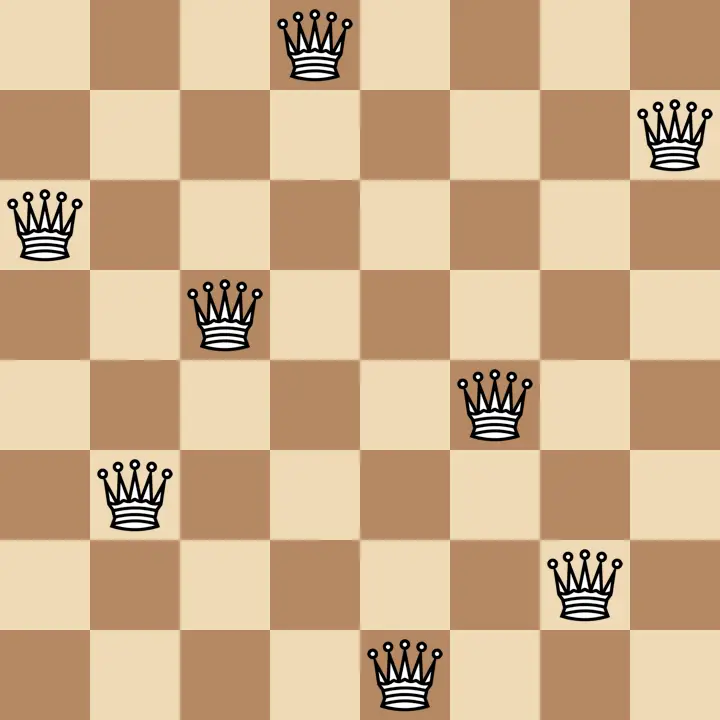
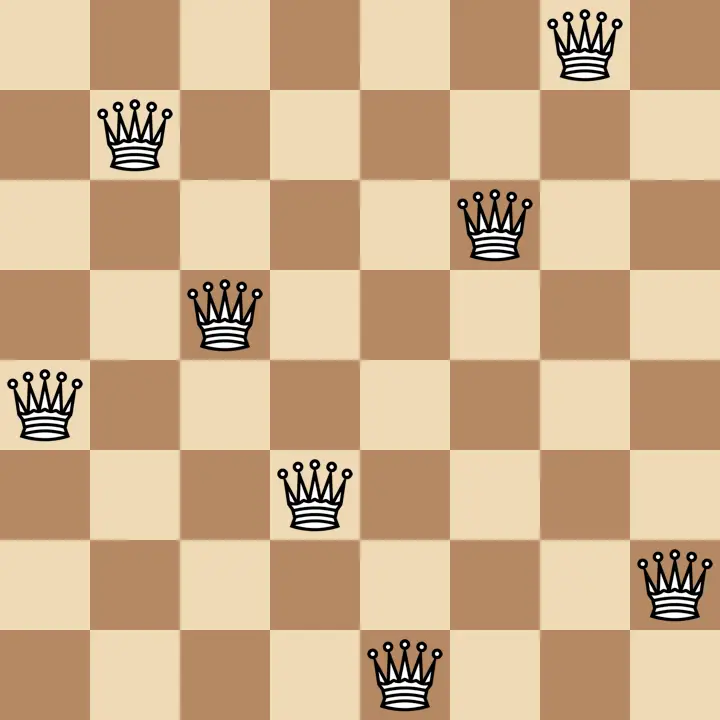
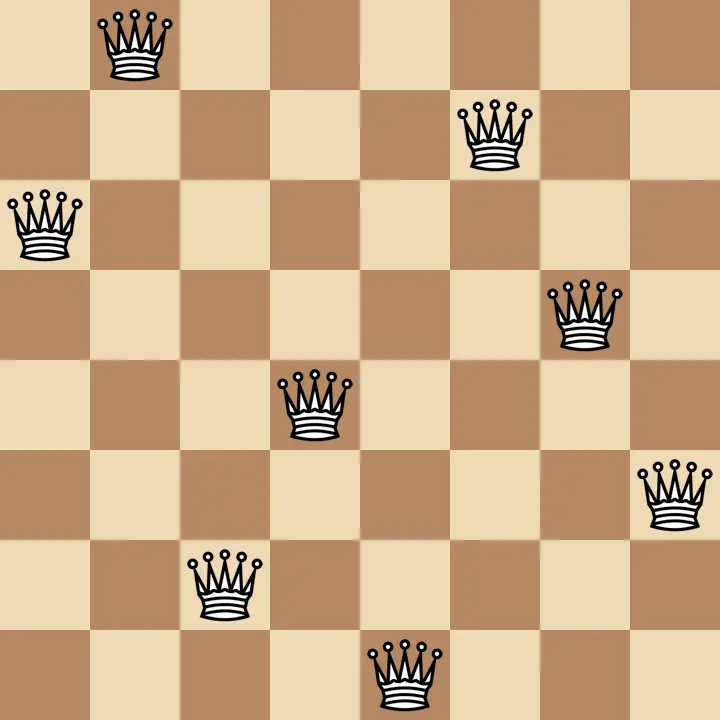
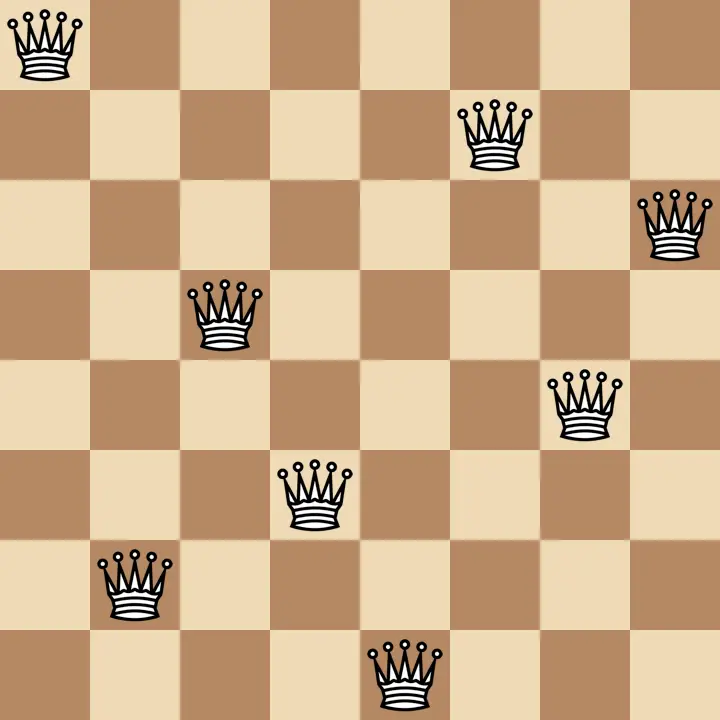
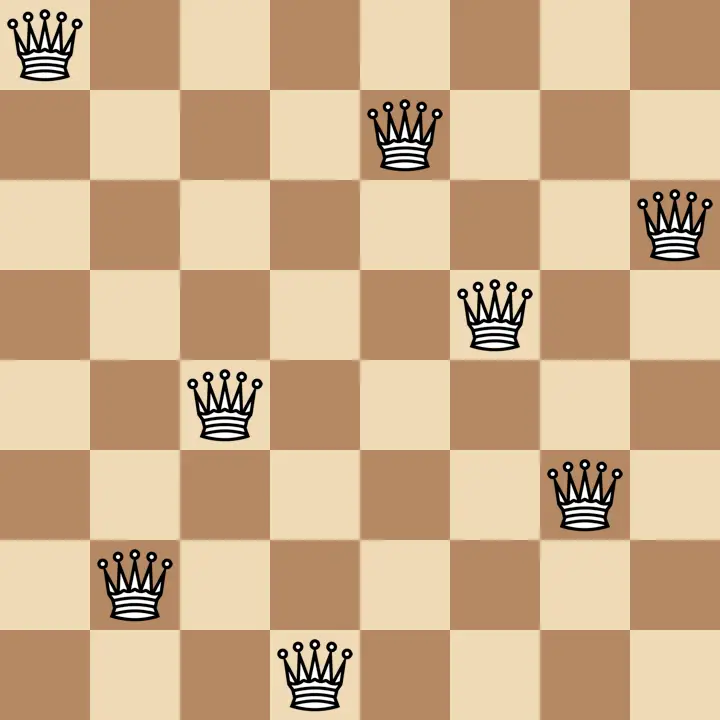
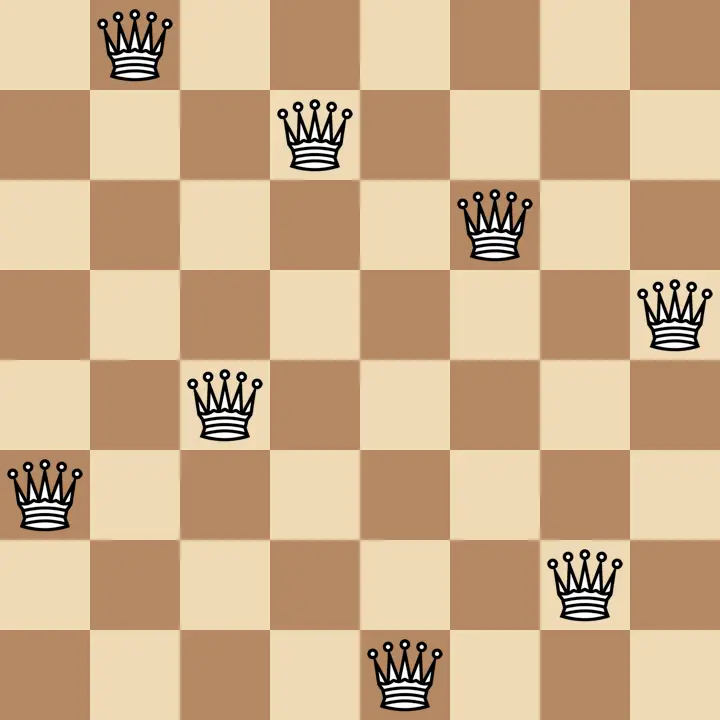
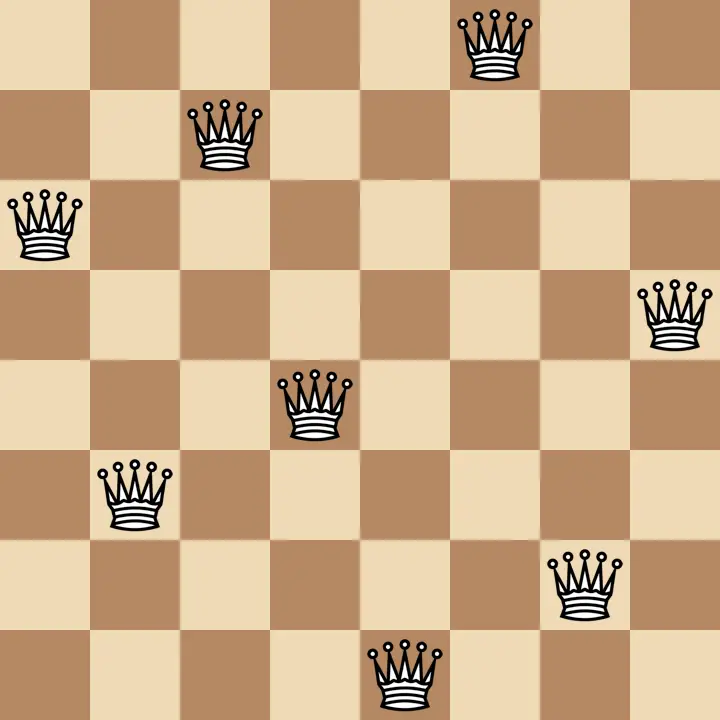
In 1850, mathematician Franz Nauck was the first person to solve this Eight queens puzzle. This puzzle is also used in the field of computer programming as an example problem.
I recommend you go through the video given below to understand the problem in detail.
Mathematicians Who Played Chess
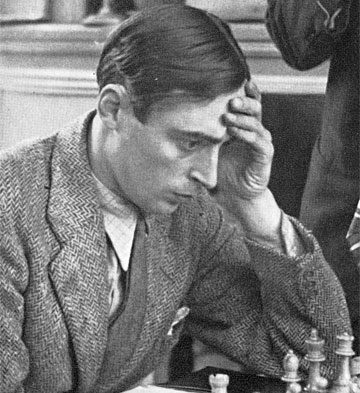
Conel Hugh O’ Donel Alexander (1909-1974) was an Irish- born British chess champion and international master. He won a scholarship to study mathematics at King’s College, Cambridge in the year 1928. From 1932 to 1938, he taught mathematics in Winchester, England.
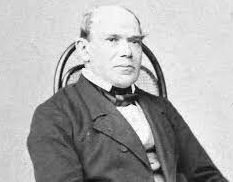
Adolf Anderssen (1818-1879) was a German chess master. He was the world’s leading chess player from 1851 to 1866. He is remembered for his brilliant sacrificial attacking play, particularly in the “Immortal Game” (1851) and the “Evergreen Game” (1852). He graduated from the public gymnasium in Breslau. After graduation, he worked as an instructor and later as a Professor of Mathematics. His passion was playing chess and his career was teaching mathematics.

Albert Einstein (1879- 1955) was a great talent in mathematics as a child. In 1900, he was awarded the Zurich Polytechnic teaching diploma was qualified as a mathematics teacher. He used to play chess with his friends and neighbour and was a friend of former world chess champion Emanuel Lasker.
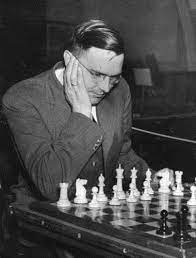
Max Euwe (1901-1981) was a Dutch chess player and mathematician. He became the fifth world chess champion and held the title from 1935 until 1937. He studied mathematics at the University of Amsterdam and earned his PhD in 1926 under Roland Weitzenböck.
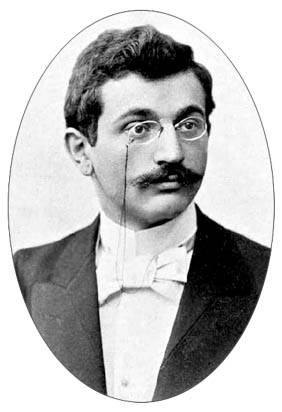
Emanuel Lasker (1868-1941) was a German chess player and was world chess champion for 27 years, from 1894 to 1921. He was one of the strongest chess players in history. In 1902, Dr Lasker earned a PhD in mathematics from Erlangen University. He was a research mathematician mainly known for his contribution to algebra.
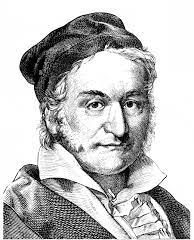
Carl Friedrich Gauss (1777-1855) was a child prodigy and German mathematician. He is often referred to as “the greatest mathematician since antiquity”. In 1850, he published a solution to the Eight Queens problem. He used to play chess in his free time.
Does Playing Chess Increase a Kid’s Mathematics Tests Score?
Chess helps to improve kid’s mathematical skills. Studies have found that chess has helped to improve the mathematics tests score of primary students of Denmark. Results show that replacing weekly mathematics lectures with one chess lesson had increased students’ scores in mathematics.
have found that chess has helped to improve the mathematics tests score of primary students of Denmark. Results show that replacing weekly mathematics lectures with one chess lesson had increased students’ scores in mathematics.
The main benefits of chess for kids are
- Chess improves memory power
- Chess improves calculation skills
- Improves problem solving skills
- Teaches Sportsmanship
- Helps in time management
- Improves IQ
- Chess improve patience
- Improve creative skills
Also, read Are chess players smart? and Does chess really improve thinking skills? to know more.
and Does chess really improve thinking skills? to know more.
Studies Show a Strong Correlation Between Chess and Mathematics
Many studies have analyzed the relationship between chess and mathematics. The table given below shows the improved scores in mathematics after chess was included in the school’s curriculum
| Place | Name of the study | Result of the study |
|---|---|---|
| New Brunswick, Canada (Quebec) | Series called challenging mathematics was implemented which introduced chess to the students of grades 2 to 7 to improve logic and problem-solving skills | The average problem-solving score of students increased from 62% to 81% Canada has the highest math grades and scores better than the USA at international mathematical exams |
| Pennsylvania | “Development of Reasoning and Memory through chess” students of 6th grade from rural Pennsylvania participated in chess lessons and played games, none of them had prior experience of playing the game | There was an improvement in students’ both memory and verbal reasoning |
| China | (1977- 1979) The study conducted at china university in hong kong by Dr Yee Wang Fung | 15% improvement in mathematics test scores of chess players |
| Pennsylvania | (1979-1983) a four-year study in Pennsylvania | Chess-playing experimental group proved to be performing better than the control groups who were engaged in other thinking development programs |
Is chess harder than math?
Chess is not harder than maths. Chess can be played with a set of theories and patterns. There are strong supercomputers that can calculate millions of chess lines in seconds. Whereas in mathematics there are still lots of unsolved theorems.
Both chess and maths are very much related to each other. With proper positional knowledge and theoretical knowledge, and with calculation skills one can excel in chess. Similarly, with a good understanding of various concepts, theory and calculation skills people can excel in maths. In the end, it’s always maths which is more difficult than chess.
Conclusion
Chess game helps to develop skills that are required to excel in mathematics. As chess involves problem solving and variables, one cannot deny its strong relation to mathematics. Studies conducted among elementary school-aged children have consistently found that students playing chess showed more improvement in mathematics than non-playing chess kids.
